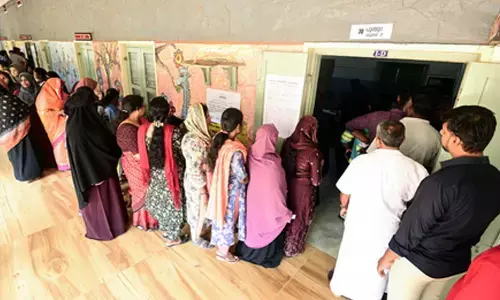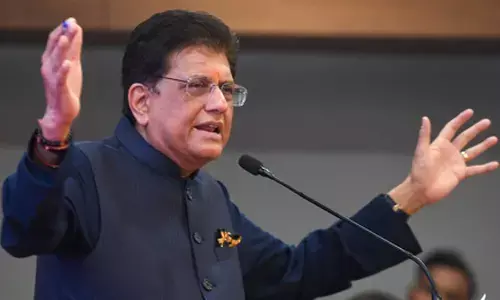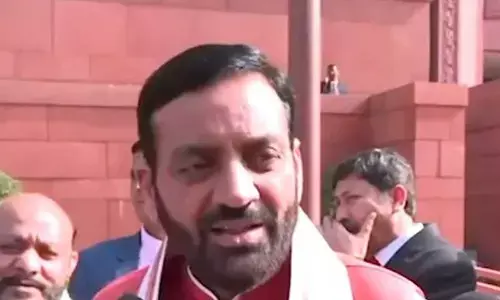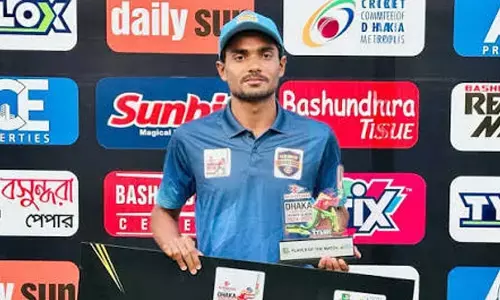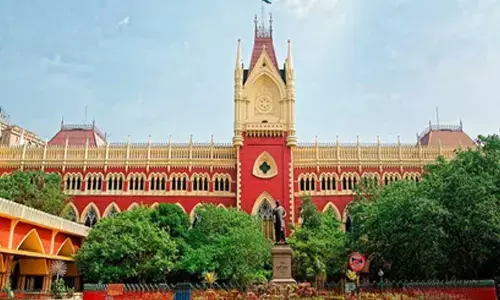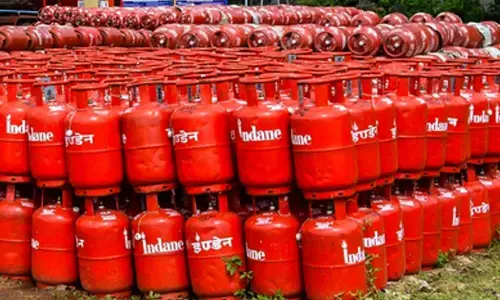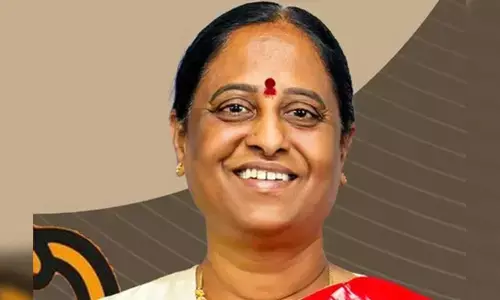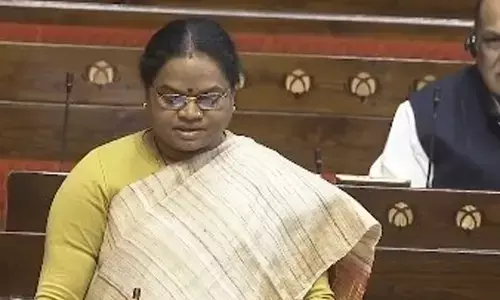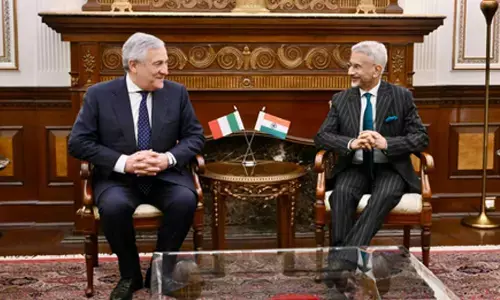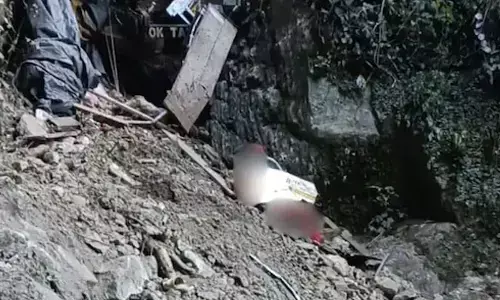Congress hails Aditya-L1 launch, says nations build capacity of science not in few years but decades
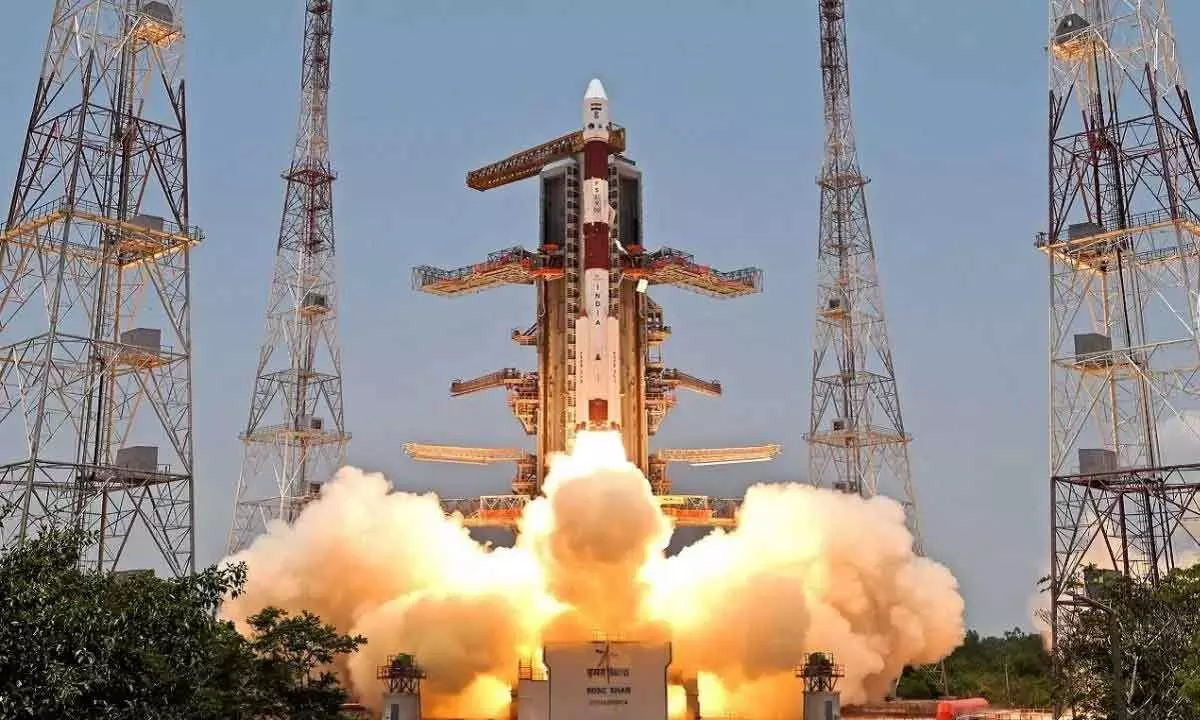
New Delhi, Sep 2 : The Congresson Saturday hailed the launch of Aditya-L1 as a "stupendous achievement" for India, as it shared a timeline of the mission from its conceptualisation and asserted that nations build capacity of science, technology and research not in a few years but decades. The Indian Space Research Organisation (ISRO) on Saturday launched the country's ambitious solar mission Aditya L1, eyeing history again after its successful lunar expedition, Chandrayan-3, a few days ago. Congress president Mallikarjun Kharge said, "We are indebted and grateful to our scientists, space engineers, researchers and our hard-working personnel at @ISRO for the successful launch of AdityaL1 - Solar Observation Mission."
"Together, we celebrate their success and honour them with our gratitude," he said and shared a timeline of the mission. India started the journey to the sun in 2006 when our scientists proposed a solar observatory with a single instrument for the Sun, he said in a post on X. In July 2013, ISRO selected the seven payloads for the Aditya-1 mission, by now renamed the Aditya-L1 mission. In November 2015, ISRO formally approved Aditya-L1, the Congress president said. "After the glorious successes of Chandrayaan Missions (First- 2008, Second -2019 and Third - 2023) and the Mangalyaan Mission (2013), our path towards placing a satellite to study the sun became a bit more secure," Kharge said. Nations build capacity of science, technology and research not in just a few years, but decades altogether, and India's success in space research and exploration is a shining example of that unflinching courage and commitment, he asserted. "Despite all obstacles, we have prevailed," he added. "Our tribute to the vision, ingenuity and the vigorous dedication of our legendary scientists and countless researchers for this historic accomplishment," Kharge said. Science, as an instrument of development, welfare and positive change, remains our magna carta, the Congress president said. "We hope these triumphs would keep inspiring our younger generation and instill a deeper scientific temper in our people," he said. In a post on X, Congress general secretary Jairam Ramesh said, "Today's launch of Aditya-L1 is another stupendous achievement of ISRO and for India!" "While saluting ISRO once again, it is worthwhile recalling the recent timeline for Aditya-L1 to understand the continuity in the ISRO saga," he said. Ramesh also recounted the timeline of the mission and stated that in 2006 scientists with the Astronomical Society of India and the Indian Academy of Sciences proposed the concept of a solar observatory with a single instrument. In March 2008, scientists shared the proposal with ISRO, he said.
"December 2009: ISRO approves Aditya-1 project with single instrument. April 2013: After former Chairman U. R. Rao's major intervention ISRO issues an 'announcement of opportunity', calling on the scientific community for proposals for more scientific instruments (payloads)," Ramesh pointed out. In June 2013, ISRO reviewed scientific proposals received, he said. "July 2013: ISRO selects the seven payloads for the Aditya-1 mission by now renamed the Aditya-L1 mission. November 2015: ISRO formally approves Aditya-L1," he said. Congress general secretary Priyanka Gandhi Vadra also hailed ISRO for the successful launch. "Indian Space Research Organization (ISRO) has once again created history. After the historic success of Chandrayaan-3, now ISRO has established India's power in space by successfully launching solar mission Aditya L-1," she said. "Best wishes to the entire team of @isro and all the people of the country. Jai Hind," she said in a post on X. The Congress said ISRO has given many opportunities to the country to be proud. "After Chandrayaan-3, ISRO has again raised the nation's prestige by successfully launching Aditya L-1," the party said in a post in Hindi on X. The entire Congress family is proud of this unprecedented achievement of the country's scientists, it said. Best wishes to the entire ISRO team, the party added. As the 23.40-hour countdown concluded, the 44.4 metre tall Polar Satellite Launch Vehicle (PSLV) soared majestically at the prefixed time of 11.50 am from Sriharikota, located on the Eastern coast about 135 km from Chennai. According to ISRO, Aditya-L1 is the first space-based observatory to study the Sun. The spacecraft, after travelling about 1.5 million km from the Earth over 125 days, is expected to be placed in a Halo orbit around the Lagrangian point L1 which is considered closest to the Sun








